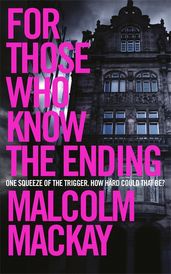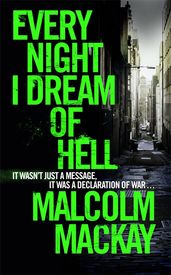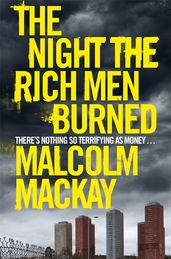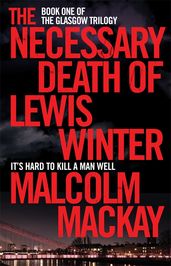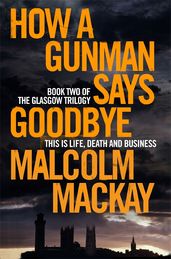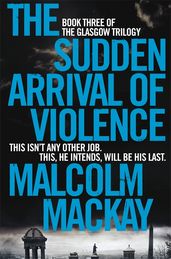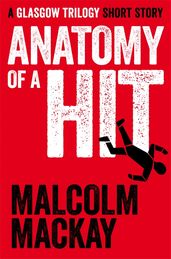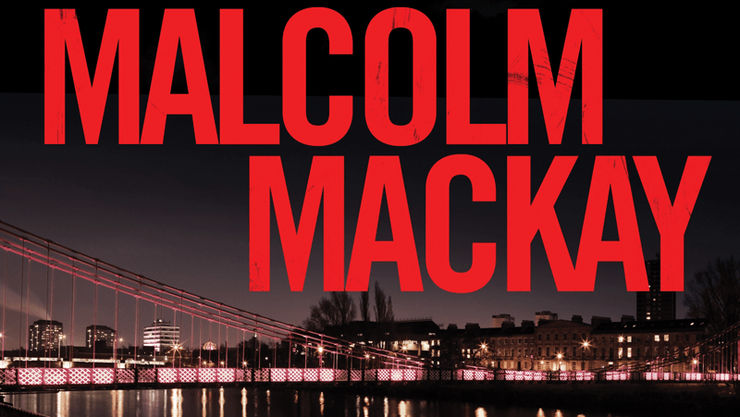Malcolm Mackay
Malcolm Mackay was born and grew up in Stornoway where he still lives. The Necessary Death of Lewis Winter, his much lauded debut was the first in the Glasgow Trilogy, set in the city's underworld. It was shortlisted for the CWA John Creasey New Blood Dagger Award for Best Crime Debut of the Year and the Scottish First Book of the Year Award and was chosen as Best Read by ITV3's Specsavers Crime Thriller Club programme. How A Gunman Says Goodbye, the second book in the series, won the Deanston Scottish Crime Book of the Year Award. The final book in the trilogy is The Sudden Arrival of Violence. His other crime novels include For Those Who Know the Ending, Every Night I Dream of Hell and In the Cage Where Your Saviours Hide.
Books by Malcolm Mackay
Series by Malcolm Mackay
